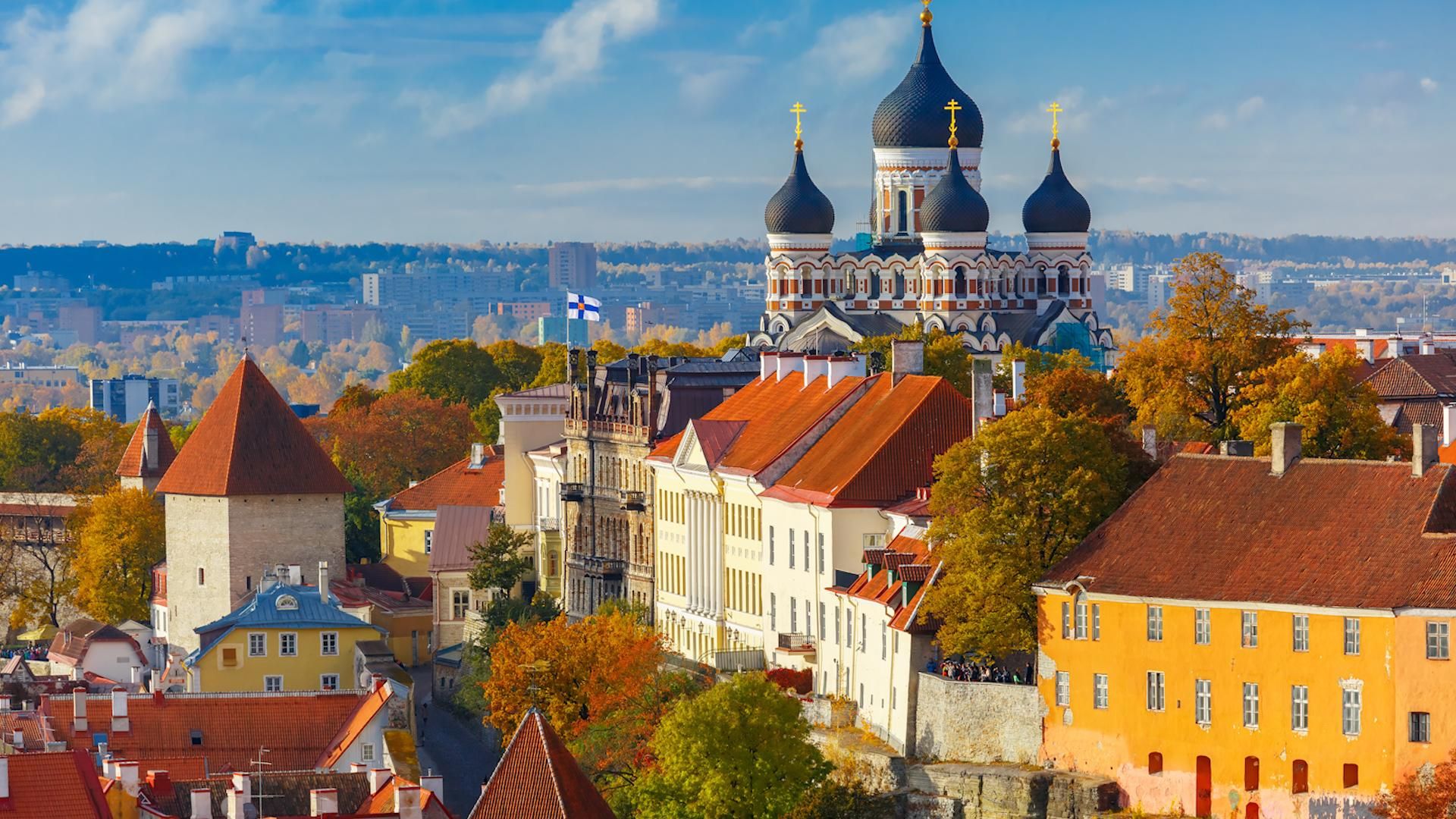Against this background, Peter I is considered to be the one who managed only at the beginning of the 18th century to consolidate stateless peoples under his rule and, leveling out the German influence, provided them with opportunities for full-fledged economic and cultural development.
Read here The Donetsk region: Russians fired at the civilian population
Moreover, the lack of alternative evidence ensures that such a position is also receptive to historians of other countries, including some Russian ones. This is how theses appear about “search for artificial grounds for substantiating state independence”, “constructing one’s history” and other similar ones, the creation of which is conditioned by the banal lack of detailed information about the history of the Baltic countries before the Russian conquest.
Although this period is partially covered in the works of imperial historians, however, this is done exclusively in the context of confirming the “original attraction” of the local population to Muscovy. They traditionally fit the whole of ancient Rus’ history into the general context of Russian history, and the contacts of the princes of Kiev and Novgorod with the Baltic leaders are allegedly presented as the first known facts of interaction with the Russian government.
Nationalist views in the Baltic societies were quite developed compared to many other regions conquered by the Romanovs’ Empire. So, for example, K. Shirren, professor of history at Dorpat University in the middle of the 19th century, wrote: “Russians do not know the past and have no future…
There is no doubt that the Baltic coast forms the natural borders of the Empire, but it is also unquestioning that the dominant race [local ethnic groups] should own the strip near Lake Peipus; beyond these limits, her dominance becomes a yoke. Russians are guests in the Baltic region, and they can live here as guests, but they should not settle down here. Unfortunately, no matter how good it is to be a guest, the guest is still sometimes not averse to host in someone else’s house, while there are still some supplies in the cellar...
The land we stand on belongs to the Tsar, the empire and us, but not to your people.” Quoting this passage in his book, the Russian senator G. Evreinov, not without intent, emphasized that the author of the above lines is not just a professor, but a former professor of history at the aforementioned Derpt University. Taking advantage of the rise of national movements in different parts of the empire, Shirren was almost the first among his colleagues to resort to debunking the historical myths about his homeland, imposed by the autocratic power. Quite rightly noting that the first facts of the Russian presence in the region were connected with the justification of Moscow merchants near the local trade centers, the historian rejected any hints of ethnic ties between the Muscovites and the Balts, spread at that time by the Slavophiles. Thus, he was one of the first to deny the thesis about the natural area of Russian people settlement, not limited by natural obstacles.
Such arguments, for which K. Shirren himself and his other patriotic colleagues paid with their positions, were by no means perceived by the owners of the high Kremlin offices. At the same time, if such theses could seem evaluative, then there were also purely legal facts, to which the same G. Evreinov, as a professional lawyer, should have paid attention. In particular, the territorial boundaries of the Baltic possessions of the Russian Empire should be determined in accordance with the terms of the Nishtadt (1721) and Abosky (1743) treaties.
The German General von Bock noted that both the force and the invalidity of these agreements from the point of view of jurisprudence should have been determined solely by the bilateral actions of the states that concluded them. These words regarded both Russia’s non-compliance with the borders established by the treaties, and its obligations towards the local population, including the promotion of the Catholicism and Lutheranism.
Meanwhile, in response to local discontent, the central government only strengthened its repressive apparatus, which at the beginning of the 20th century was a fairly well-coordinated mechanism on the basis of the nobility assembly, city self-government and volost government. Compared to other provinces, the Baltic States almost did not undergo mass migrations of ethnic Russians, however, economic mechanisms for the interest of the “Ostsee Germans” contributed to a significant acceleration in the pace of Russification in this region.


